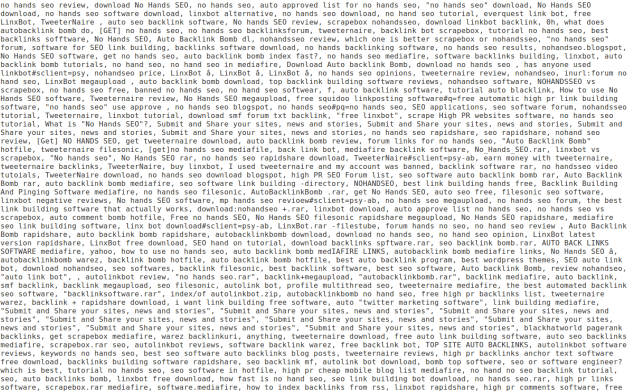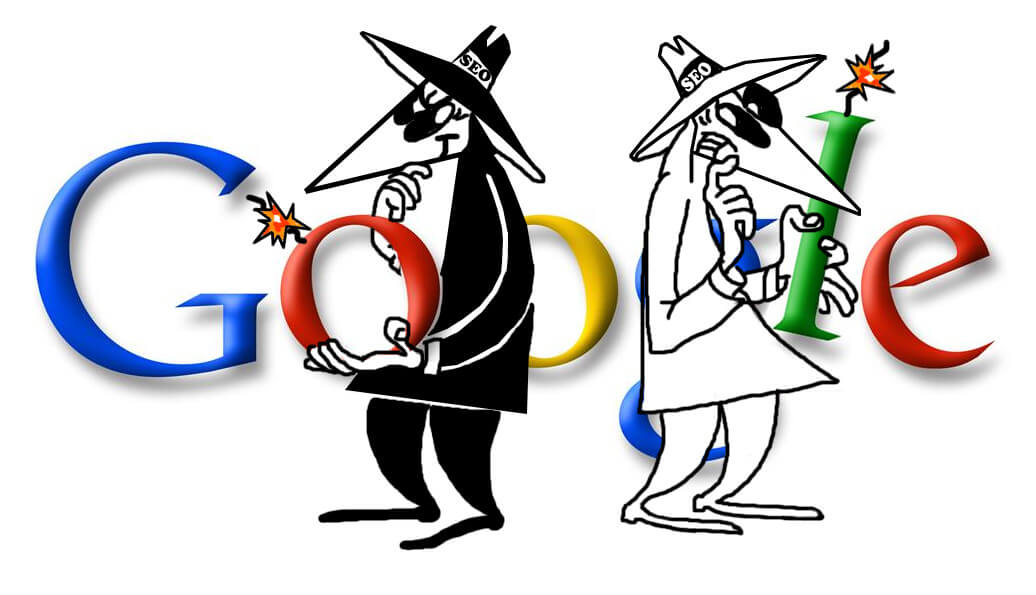After months of rumors that have raged on blogs, websites and industry forums, the time seems to have come: the dreaded and highly anticipated Penguin Update, an update to the penalization algorithm against webspam, is just around the corner.
In fact, Google has been working for quite some time to fight the difficult “virtual war” on bad-quality and valuable sites, always making new changes to its analysis algorithms with the aim of cleaning up the Serp.
Matt Cutts, in front of the global audience at the 2013 Search marketing Expo, announced the release of major updates not only to Penguin but also to Panda and EMD, highlighting Google’s tendency to reward more and more useful and quality content, at the expense of the sneaky ones and the spread of Web spam.
We are talking about an event, according to Cutts himself, with apocalyptic outcomes that will have the SEO community discussing it for a long time.
How to survive the new updates of the dreaded Panda and Penguin? What will change for SEOs?
The release of the latest version of Google Penguin still does not have an official date to refer to, but there is talk of Penguin 2.0: with these words, Matt Cutts emphasizes how the upcoming update will drastically revolutionize the structure of Penguin and generate new algorithms that will analyze backlinks and keyword density. The widespread thought is that, after the previous releases in May and October (1.1 and 1.2), the life of Black Hat Seo will become truly impossible.
Google’s engineer has always strongly reiterated the importance held by those responsible foroptimizing sites for search engines. The virtuous activities that every White Hat Seo, a figure defined as positive and constructive, should perform are aimed at improving the indexing, usability, and speed of a website and carried out mainly through:
-
- definition and selection of the keywords most relevant to the content expected to be found by visiting each individual page of our site;
- correct writing of html code and, in particular, title, H1, H2, H3 and meta data;
- Compliance with the principles expressed in Google Webmaster from the point of view of: structure, syntax and semantics;
Care, originality and quality of the proposed content;
- value backlinking.
Basically, those who have always worked to optimize their site in a transparent way (white hat SEO) while patiently waiting to climb the Serp will be able to sleep peaceful nights and toast to the long-awaited cleansing of the Serp from low value sites that have managed to reach the top positions through unfair practices. On the other hand, those who have mistakenly broken one or more rules by seeing their site plummet to the bottom of the Serp of Google, Bing or Yahoo (to name the search engines most used by users) will always be able to analyze their mistakes and run for cover before being permanently banned.
But let’s see what the main reasons for penalization are
Google Penguin is an algorithm that aims to search and penalize all those sites guilty of moving up the SERPs with unfair practices. We can classify these Black Hat Seo activities into two macrocategories: the first related to over-optimization of sites, the second related to link building. 1. Over-optimization: if you over-optimize you will get the opposite result as Penguin will read this activity as an unwanted interference to the search engine. Examples are keyword stuffing and link spamming.


2. Fraudulent Link Building: link building is a very important activity and allows you to give credibility (Trust) to your Web pages recognized by Google as quality pages; this will allow your Web site to gradually increase its Page Rank. However, bad quality backlinks and excessive reciprocal link trading will be penalized with zero indexing.
It is Cutts himself who declares the tightening of the war on the market related to link trading. The first concrete and striking action was a few weeks ago when the link network “Sape Links” suffered a very hard blow: the promise is that this will be only the first of a long series. So rely only on professional SEO agencies!
Black Hat Seo and White Hat Seo: comparing techniques
 |
Black Hat
White Hat
|